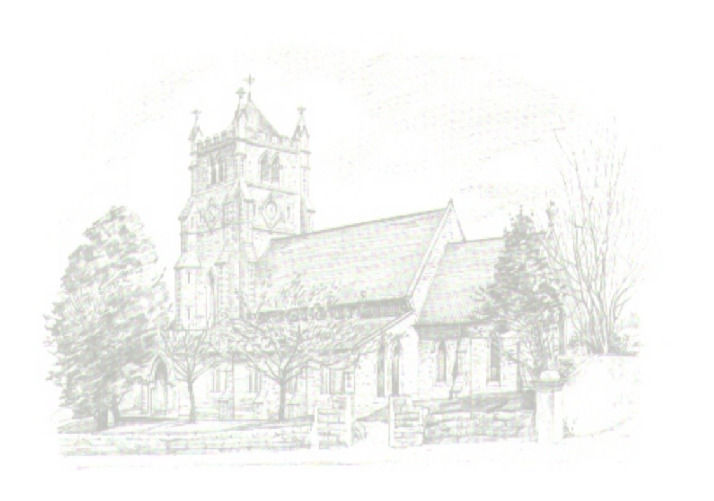

© Copyright, Christ Church, Blacklands and St. Andrew, Hastings Parochial Church Council. 2011 to 2024. No part of this web-site may be copied by any means, or added to any data feed, without express permission.
Registered Charity Number 1210772
Welcome to Christ Church, Blacklands & St. Andrew, Laton Road, Hastings

And Also
28th October Don’t forget to change your clocks one hour backwards (at 2 am it will be 1 am)
During World War II, Britain retained the hour's advance on GMT at the start of the winter of 1940 and continued advancing the clocks by an extra hour during summer until July 1945. During these summers, Britain was 2 hours ahead of GMT and operating on British Double Summer Time. The clocks were reverted to GMT at the end of the summer of 1945. In 1947 owing to severe fuel shortages, the clocks were advanced by one hour twice during the spring and put back twice during the autumn so that Britain was back on BDST during the height of the summer.
An inquiry during the winter of 1959–60 consulted 180 national organisations, and had revealed a slight preference for a change to all-year GMT+1, but the length of summer time was extended as a trial rather than the domestic use of Greenwich Mean Time abolished. A further inquiry during 1966–67 led the government of Harold Wilson to introduce the British Standard Time experiment, with Britain remaining on GMT+1 throughout the year. This took place between 27 October 1968 and 31 October 1971, when there was a reversion to the previous arrangement.
Analysis of accident data for the first two years of the experiment indicated that while there had been an increase in casualties in the morning, there had been a substantially greater decrease in casualties in the evening, with a total of around 2,700 fewer people killed and seriously injured during the first two winters of the experiment, at a time when about 1,000 people a day were killed or seriously injured on the roads. However the period coincided with the introduction of Drink-Driving legislation, and the estimates were later modified downwards in 1989.
The History of a Hymn
We Plough The Fields
The German author of this hymn was in turn a Commissioner of Agriculture and Manufacture, a newspaper editor and a bank auditor. His Christian faith wavered under the influence of the eighteenth-century view that man was his own saviour. But after a serious illness he turned again to the creator who loves and cares for his children.
We plough the fields, and scatter
The good seed on the land,
But it is fed and watered
By God’s almighty hand:
He sends the snow in winter,
The warmth to swell the grain,
The breezes and the sunshine:
And soft refreshing rain:
All good gifts around us
Are sent from heaven above;
Then thank the lord, O thank the Lord,
For all his love. MATTIAS CLAUDIUS (1740-1815)
translated by JANE M CAMPBELL(1817-78)